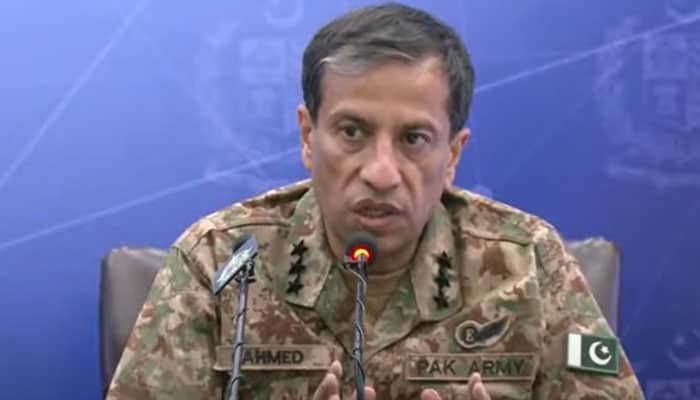Updated May 7, 2025
In a dramatic escalation of tensions between India and Pakistan, India launched a series of targeted airstrikes across Pakistan and the Pakistan-administered Kashmir region. This military action, named Operation Sindoor, took place on May 6, 2025, and marks a significant rise in the ongoing Kashmir conflict, which has long been a source of tension between the two nuclear-armed neighbors.
India’s Military Strike:
The airstrikes were carried out in retaliation for a deadly attack on Indian Hindu tourists in Pahalgam, Indian-administered Kashmir, which occurred on April 22, 2025. Indian officials have attributed the attack to militant groups operating out of Pakistan, specifically targeting Lashkar-e-Taiba and Jaish-e-Mohammed, both of which have been linked to past acts of terrorism in the region.
Indian military officials confirmed that Operation Sindoor struck multiple locations in Pakistan like muzaffarabad, Bahawalpur, Muridke, and Kashmir focusing on militant camps and infrastructure that were allegedly involved in the planning and execution of the Pahalgam attack. The government in New Delhi has stated that these airstrikes were “measured” and designed to dismantle terrorist operations without escalating the conflict further.
Pakistan’s Response Against India Missile Attack
Pakistan has strongly condemned the strikes, labeling them as a blatant “act of war” and has vowed to respond in kind. In the immediate aftermath of the attack, Pakistani officials reported significant civilian casualties, with at least 26 dead and 46 injured in the missile strikes that hit both civilian areas and military installations. Furthermore, Pakistan’s military claimed to have shot down five Indian fighter jets in retaliation, though India has yet to confirm these claims.
The situation on the ground remains tense, with both countries preparing for possible further military actions. Pakistan has reportedly conducted missile tests in response, while India continues to hold military drills along the border.
Related Post: Pakistan Retaliates Against India Following Cross-Border Strikes
International Concern And Donald Trump Reaction On India Attacking Pakistan:
The international community has expressed growing concern over the escalation of violence. The United Nations Secretary-General, António Guterres, called for an immediate halt to military actions, urging both India and Pakistan to exercise restraint and avoid further provocations. He stressed the importance of dialogue to de-escalate the situation and prevent a larger regional conflict.
China, a significant ally of Pakistan, also condemned the military operation, calling on both countries to act with caution and prioritize peace over military confrontation.
President Donald Trump has expressed concern over the escalating tensions between the two nuclear-armed nations. During a White House event on May 6, 2025, Trump described the situation as “a shame” and emphasized his hope that the conflict would “end very quickly.” He noted that the U.S. had anticipated some form of escalation, stating, “We knew something was going to happen based on a little bit of the past.”
Regional Stability at Risk:
The airstrikes have heightened fears of a full-blown war between the two countries. Both nations are nuclear-armed, and any conflict in the region poses significant risks not only to their populations but to global security. The military posturing and aggressive rhetoric from both sides have led to a precarious situation, where even a small misstep could lead to devastating consequences.
Experts warn that while the conflict over Kashmir has simmered for decades, the current escalation could mark the beginning of a new and more dangerous chapter in the region’s troubled history. The international community is watching closely, hoping that diplomatic efforts will succeed in averting a catastrophic outcome.
The Way Forward
As of now, the situation remains fluid. Both India and Pakistan are on high alert, with heightened military deployments along the Line of Control (LoC), the de facto border in Kashmir. Despite calls for restraint, the risk of further violence persists, and the region stands on the brink of more severe escalation.
The coming days will be critical in determining whether both nations can find a path back to diplomacy or if the situation will spiral into an even more dangerous confrontation.
The ongoing military confrontation between India and Pakistan has raised the stakes in the Kashmir conflict. As both sides brace for more potential strikes, the international community urges restraint, understanding the immense risks posed by nuclear escalation. While the situation remains fluid, the world watches and hopes that a diplomatic resolution can still be reached before further violence ensues.






